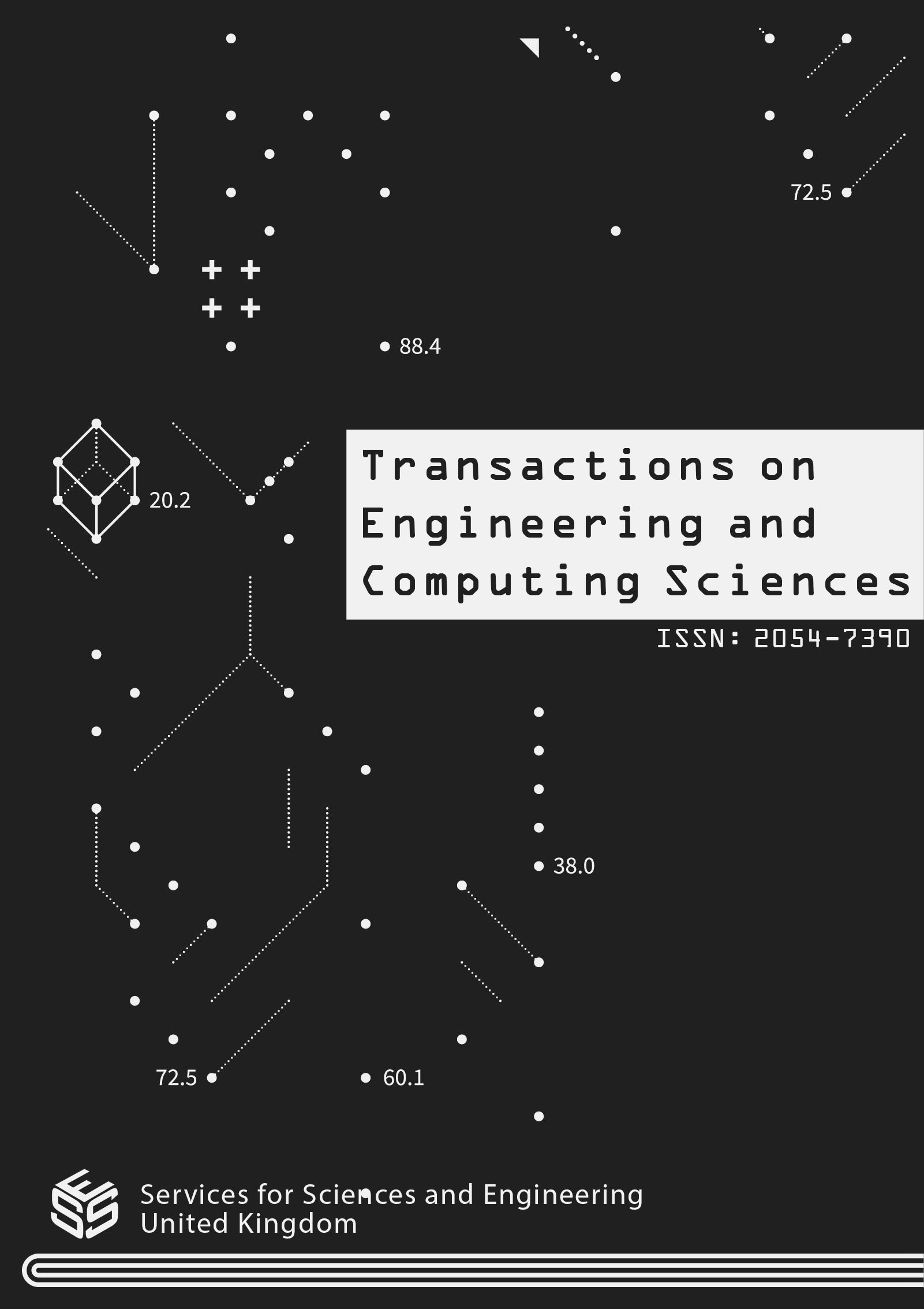Evaluating Agile Methodologies for Software Requirements and Construction: A SWEBOK-Based Analysis
DOI:
https://doi.org/10.14738/tmlai.1302.18659Keywords:
Agile Manifesto, Agile Frameworks, Agile Methods, Conceptual Study, Knowledge Areas, SWEBOKAbstract
Agile methodologies have gained widespread adoption in software development due to their flexibility, iterative approach, and focus on collaboration. However, their effectiveness in addressing critical software engineering domains, particularly the Software Requirements and Software Construction Knowledge Areas (KAs), remains an open question. This study systematically evaluates five agile methodologies—Extreme Programming (XP), Scrum, Feature-Driven Development (FDD), Rapid Application Development (RAD), and Kanban—using a comparative framework built upon key attributes from the Software Engineering Body of Knowledge (SWEBOK). The assessment considers how each methodology approaches requirements gathering, change management, software design, coding practices, and overall project adaptability. By analyzing these methodologies through the lens of SWEBOK Knowledge Areas, this research aims to identify their strengths, limitations, and applicability to different types of software projects. The findings provide valuable insights for software practitioners, project managers, and educators in selecting the most appropriate agile methodology based on project complexity, team structure, and development constraints. Additionally, this study highlights potential gaps in agile methodologies concerning software engineering best practices, paving the way for future research and methodological enhancements. Ultimately, this research contributes to a deeper understanding of how agile practices align with formal software engineering principles, aiding organizations in making more informed decisions when adopting agile frameworks.
Downloads
Published
How to Cite
Issue
Section
License
Copyright (c) 2025 Bouchaib Falah, Sameer Abufardeh, Olamide Tawose

This work is licensed under a Creative Commons Attribution 4.0 International License.






